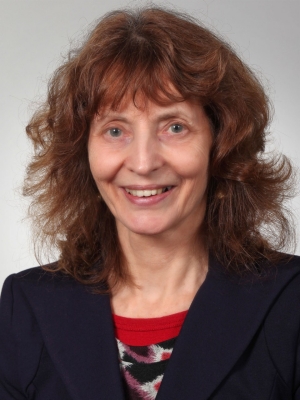We hope you all had a great summer holiday and are looking forward to teaching lots of innovative, well-designed statistics lessons this year.
To help you out we start the year off with a great new data card resource for interactive and effective statistics lessons created by Anna Martin, and some helpful tips on describing Time series trends prepared by the Mathematics and Statistics Facilitators and the NZSA Education Committee.
Returning students may ask you to review their 2015 external exam scripts. Derek Smith has provided links to the level 1, level 2 and level 3 cut scores. Please use this information to inform students if they should proceed with the reconsideration process. Please use your professional judgement with the question totals and overall total (Grade Score marking used) in the November Externals, which is not the same as that used for the assessment of the e-Mcat/MCAT. The assessment conditions for the 2016 externals are also now available on the NZQA website. Level 1, Level 2, Level 3.
As you and your colleagues review and reflect on the 2015 year, we hope CensusAtSchool delivered useful content and information. CensusAtSchool aims to provide the most up to date, statistics teaching resources and information, in the news, by NZSA or other Statistical forums or on the internet. If you want a “heads up” on what to read, watch or do this year the best place to start is right here on CensusAtSchool.
If you ever think that our heads haven’t been up high enough and we seem to have missed something that’s coming soon, please let us know: censusatschoolnz@gmail.com
Please forward this email to any new colleagues who may not receive our weekly emails, these can help keep your colleagues up-to-date with the resources and information on CensusAtSchool.
Nga mihi
Rachel, Chris and Anne

